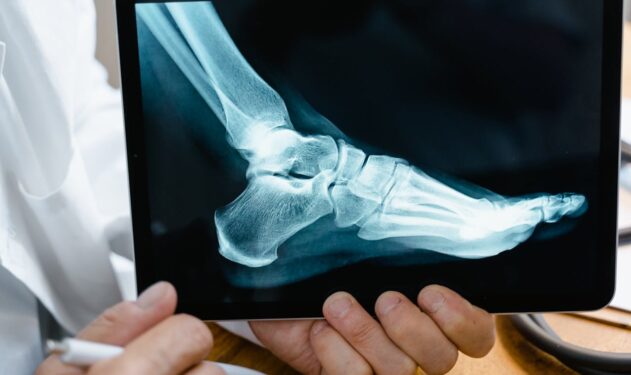One of the most emotionally upsetting types of personal injury is a medical malpractice claim. That is because you’ve put your trust in a doctor to provide a standard of care to treat your ailment or injury. If they fail in that care and cause you harm, it can be considered a betrayal of trust. There will be a lot of challenges for processing that claim. The first thing to determine is if your medical malpractice case would be considered a civil or criminal claim.
Civil Versus Criminal Cases
Our justice system is divided into two tracks: civil and criminal. In a civil case, the plaintiff is typically a person who has suffered some level of harm caused by the named defendant. That harm can result from a contract breach, an unpaid loan, or an accident caused by negligence. In a civil action, the plaintiff must prove their case by a preponderance of the evidence. That means it is more likely that the defendant caused the harm.
If you and your attorney establish that your medical malpractice case has merit, your first option will be to file an insurance claim. Kansas law requires every health care provider in the state to maintain a minimum basic liability coverage. Those insurance carriers would be the first source for a patient to receive compensation for their losses. If there is a challenge to your claim, your lawyer might recommend filing a lawsuit. That is when you would file a complaint in civil court.
The state will prosecute a defendant for violating the law in a criminal case. In those situations, the prosecution must prove their case beyond a reasonable doubt. If the defendant is found guilty in a criminal trial, they can be looking at jail time, fines, or other consequences.
Each type of court operates independently. However, there are instances when a civil case can be filed for the same incident that is part of a criminal trial. It is important to note that a successful outcome in one court does not guarantee success in the other.
When Malpractice Becomes a Crime
In order to prevail in your civil medical malpractice lawsuit, you need to prove negligence. That would also need to be established in a criminal case, but that is not something you and your attorney will be dealing with. Your attorney will only represent you in your civil case. You could share evidence with the state prosecutors, but they will be responsible for presenting the case in court.
When Is Malpractice a Crime?
Medical malpractice crosses the line from a civil to a criminal offense when the medical provider’s actions are deemed grossly inappropriate. Here are some examples of what can be considered a criminal medical malpractice:
Healthcare Fraud
A doctor takes an oath to do no harm. Unfortunately, scamming the system proves too tempting for some healthcare professionals. Fraud can occur when a doctor prescribes a drug to get a payment from the pharmaceutical company. If the patient has an adverse reaction, that would be considered criminal negligence.
Intentional Acts
It is extremely rare for a doctor to intentionally harm a patient. The most common example of intentional injury is when a doctor or nurse performs a variation of assisted suicide.
Unlicensed Medicine
Every doctor must undergo rigorous education and training and be board-certified to achieve a license. There are also certification processes for nurses and other healthcare practitioners. Those licenses also have to be renewed. If any medical professional practices medicine without a license, it would be considered a criminal act.
Gross Negligence
Surgical mistakes can cause severe harm to a patient. Some of those mistakes occur because of a miscommunication between the surgical team and the doctor. However, if anyone on that team operates while under the influence of alcohol or drugs, it would be considered gross negligence.
Criminal medical malpractice typically requires that the provider intends to commit a crime, even if they don’t intend to harm the patient.
Are Medical Errors Considered Criminal Offenses?
When a medical error harms a patient, it can be considered malpractice but not necessarily criminal. One reason for this is that it might impact doctors’ behaviors. If a doctor worries that an error can lead to criminal prosecution, they might become more risk-averse, which can lead to less effective treatment for patients. This is why prosecutors are reluctant to make a medical error into a criminal offense. On the other hand, if a doctor is found guilty of a criminal offense, the victim would not receive any compensation. Those remedies are left for a civil jury to decide.
As for punishment, a doctor who is found liable in a civil case could lose their license suspended. The verdict would also be part of the public record.
If you suspect you are a medical malpractice victim, you should share what happened with Prochaska, Howell & Prochaska LLC Law Firm. We have a solid record of success in helping clients with their medical malpractice claims. Let us provide you with the information you need to make the right decision about your case.








